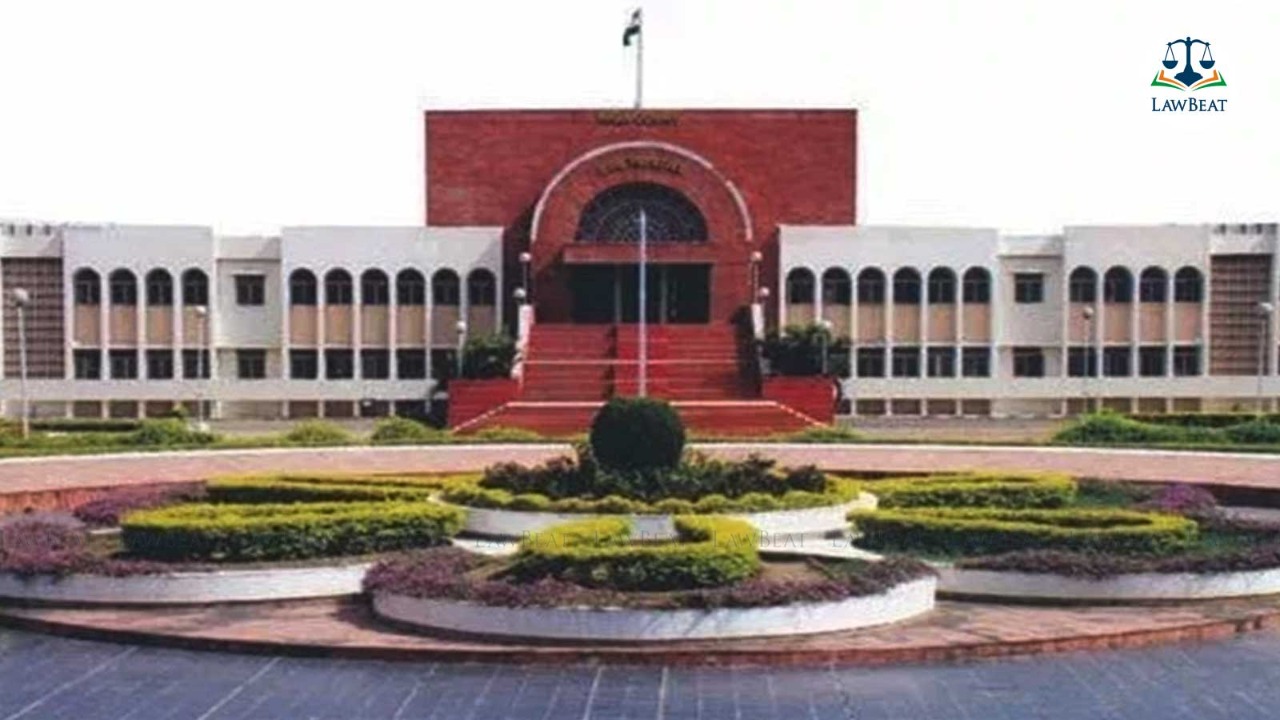Right To Reputation Is Part of Article 21 & Article 19(2): Bombay HC

The high court quoted Shakespeare in its order and said that loss of character or bruised reputation cannot be restored even by judicial reprieve.
A Division Bench of the Bombay High Court at Aurangabad comprising Justice Anuja Prabhudesai and Justice RM Joshi has recently quashed an FIR against a judicial officer while observing that the right to reputation and dignity of an individual is an integral part of Article 21 and Article 19(2).
The High Court was hearing a case wherein the wife had registered a complaint against her husband, her sister-in-law, and the parents of the husband alleging they had subjected her to physical and mental cruelty. A case was registered under Section 498A, Sections 323 (Voluntarily causing hurt), 504 (Intentional insult with intent to provoke breach of the peace), 406 (Criminal breach of trust), 506 (Criminal intimidation) of the IPC, and Section 3 of the Dowry Prohibition Act.
It was alleged in the FIR that the applicant, a judicial officer, who had approached the court for quashing of FIR, had ordered chicken biryani for her brother but not her wife. It was alleged that the applicant told the wife i.e., the complainant to change her clothes in an unused washroom and not to raise her voice against her in-laws. Further, it was also alleged that the applicant had told the brother of the complainant to take her back to her house and seek divorce.
The High Court relied on the Apex Court’s judgment in the State of Haryana and others vs. Bhajan Lal and others which laid down guidelines while exercising its inherent powers under Section 482 of the Code of Criminal Procedure to quash the FIR.
The High Court observed that a person who is subjected to litigation suffers from mental trauma. The order read,
“It is pertinent to note that unfounded criminal charges and long-drawn criminal prosecution can have serious consequences. A person subjected to such litigation suffers immense mental trauma, humiliation and monetary loss. Reckless imputations can also result in serous repercussion on career progression and future pursuits and most importantly it stigmatizes reputation, brings disrepute and lowers the image of a person amongst friends, family and colleagues.”
The High Court quoted Shakespeare and said that loss of character or bruised reputation cannot be restored even by a judicial reprieve. The court quoted,
"As Shakespeare has famously said that 'good name in man and woman, dear my lord, is the immediate jewel of their souls: Who steals my purse steals trash; ’tis something, nothing; ’twas mine, ’tis his, and has been slave to thousands: But he that flches from me my good name Robs me of that which not enriches him and makes me poor indeed.”
While quashing the case against the Judicial officer, the high court said that the right to reputation is an integral part of Article 19(2) and Article 21 of the Constitution.
“In legal parlance, right to reputation and dignity of an individual is held to be an integrated part of Articles 21 and 19(2) of the Constitution. Therefore, it is imperative for the Court to exercise power under Section 482 of the Code of Criminal Procedure, in ft cases, to safeguard and protect the rights of every person subjected to such litigation and prevent misuse of criminal process for personal vendetta, " court added.
Case Title: Vrushali Jayesh Kore vs The State of Maharashtra & Ors
